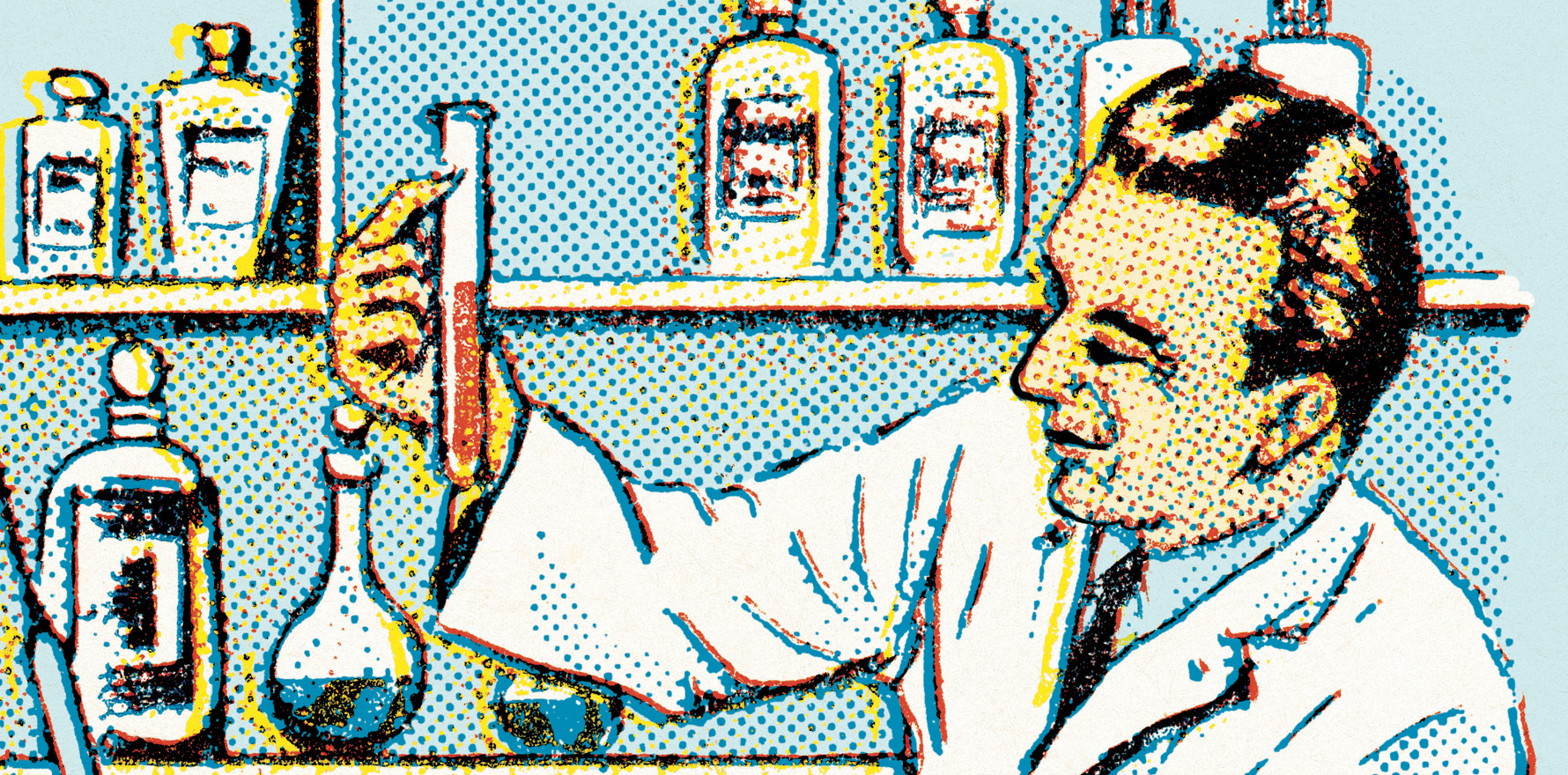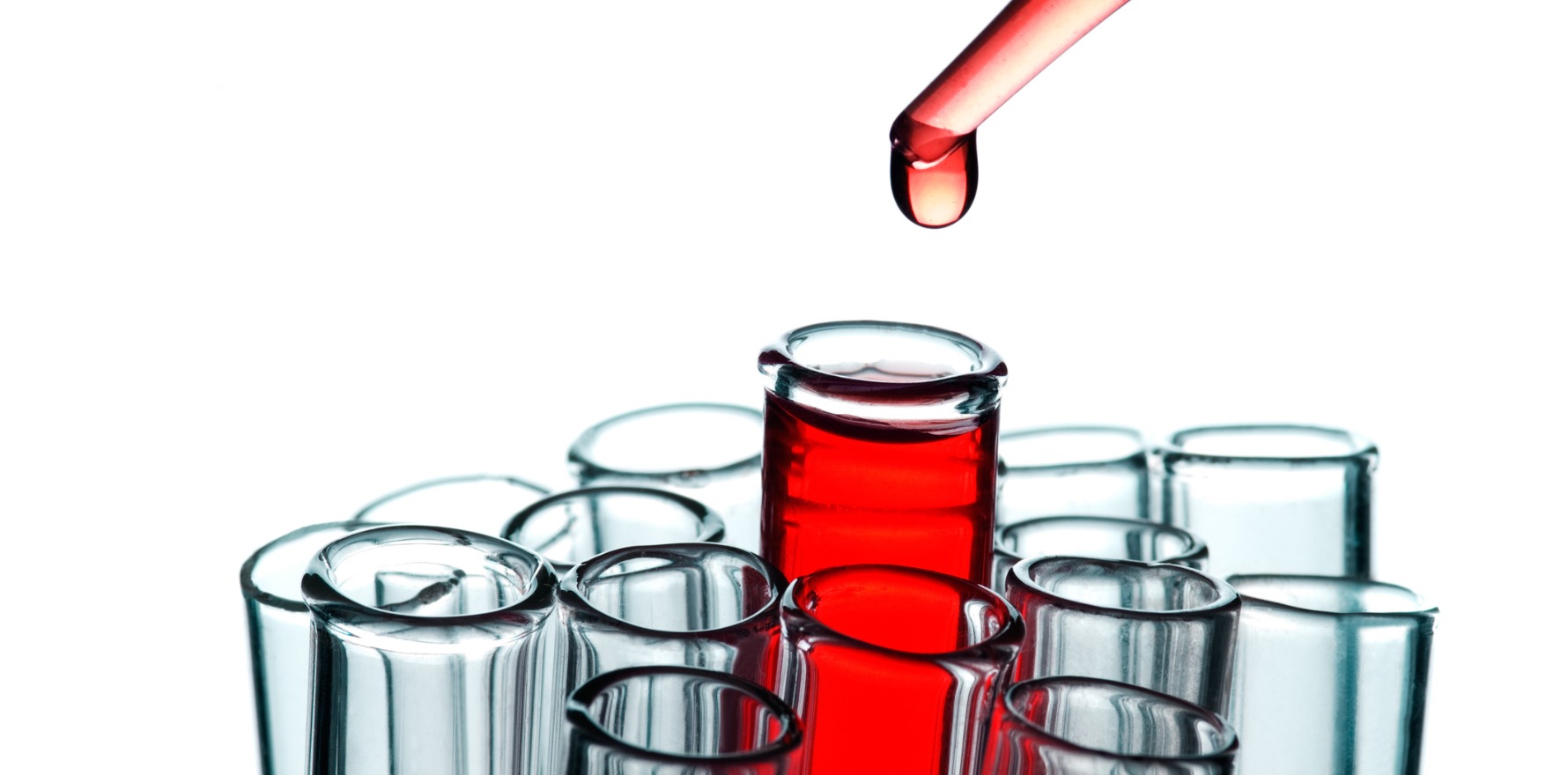Health Minister Mark Butler has followed advice from the TGA to ban the compounding of GLP-1 receptor agonists from October.
As reports of dodgy weight-loss drugs and industrial-scale compounding increase, Health Minister Mark Butler has made the snap decision to ban the compounding of all GLP-1 receptor agonists before the year’s end.
While the decision has been on the table since March, Mr Butler’s announcement came late on Tuesday night, with little warning.
The relatively new class of injectable diabetes drugs, which includes semaglutide and tirzepatide, have been in continual shortage in Australia for more than two years.
Absence, as they say, makes the heart grow fonder: despite being rarer than hen’s teeth, GLP-1 RAs are more popular than ever. They are commonly prescribed off-label for weight loss.
Official stock isn’t expected to meet demand until 2025 at the earliest.
The ban on compounding the drugs, which will be in place from October, will likely mean patients who are currently stabilised on the medicine will be unable to access it for an undetermined length of time.
Compounding has been virtually the only way for patients to obtain GLP-1 RAs in recent months, but standards have varied wildly across the industry.
The most egregious example of bad behaviour was a sophisticated scam targeting GP clinics via fax, which advertised the services of an unregistered compounding pharmacy understood to have been located in Western Sydney.
Well-intentioned GPs would pass on the scammer’s details to patients in good faith.
Often, patients would fill their script and no product would be sent, but many did receive vials of unrefrigerated red liquid.
The Medical Republic first reported on this back in February, and ABC’s Four Corners went on to do a more exhaustive investigation leading to a TGA raid in March.
But where one scam was shut down, others popped up in its place.
The TGA has released footage of one location where GLP-1 RAs were allegedly being produced. A blender and a stand mixer are shown to be part of the setup, with various chemicals stacked into what appears to be a pantry.
Footage of a raid on an alleged semaglutide compounding location, courtesy of the Therapeutic Goods Administration.
Sydney-based compounding pharmacist Adam Reinhardt – who has steered clear of GLP-1 RA compounding – told TMR he was alarmed by the dirty and “disgusting” appearance of the laboratory.
RACGP president Dr Nicole Higgins said the location resembled a backyard methamphetamine lab.
“My caution would be for those doctors who are prescribing Ozempic as a compounded medicine to understand what risks it may pose to patients and the potential side effects and complications,” she told TMR.
Dr Higgins has personally been on the receiving end of the scam faxes.
“There was significant market marketing and targeting [by these operators],” she said.
“This isn’t just about your local pharmacist supporting your patient by a compounding a single medication … [this is] putting profit above patients.”
Related
At the other end of the spectrum were online, telehealth-only clinics like Eucalyptus-owned Juniper and Pilot which contracted with large compounders to produce the drugs as part of a “weight reset program”.
The venture capital-backed telehealth giant tested samples from “every single batch of compounded semaglutide for safety” and commissioned external testing at both Monash University and the University of Western Australia.
“Eucalyptus patients have been accessing compounded semaglutide for six months, with no reports of unexpected serious adverse outcomes,” clinical director Dr Matt Vickers told TMR today.
“Eucalyptus had previously commissioned extensive independent laboratory testing to review the safety and quality of the compounded product.
“And we reiterate that there were already stringent regulatory controls applicable to compounding pharmacies.”
Dr Vickers said the business respected Mr Butler’s decision, but “remain of the view that a more nuanced approach could have addressed the concerns” without disrupting patient care.
While the product Eucalyptus was sending out may have been safe, the way in which these companies were operating tested the boundaries of TGA law, which prohibits mass-producing compounded medicines.
“This is an abuse of the compounding exception that’s always existed in our medicine system to allow doctors and pharmacists to make a one-off decision to provide a particular patient with a compounded medicine or ointment that’s not commercially available,” Mr Butler told ABC radio.
“And what we’ve seen over the last several months is that exception, essentially, exploited by some businesses who have set up large-scale manufacturing operations, where there’s no line-of-sight on safety, at all.
“And that’s a public safety risk that simply can’t continue.”
The RACGP’s Dr Higgins added that the compounding system simply was not designed for the way it was being used for GLP-1 RAs.
“Compounding is a really important service that doctors and pharmacists use for small amounts of medication for individual patients, and that’s what compounding is designed for,” she said.
“Anything on a large scale or commercial quantity requires a different level of regulation to ensure quality and safety and standards.”
Both the AMA and RACGP back the compounding ban.
“We have been working with the TGA for some time on this and support these changes, closing a loophole that has allowed a largely unregulated industry to emerge targeting vulnerable consumers,” AMA president Professor Steve Robson said.
The peak body for compounders, the Australian Society of Compounding Pharmacists urged Mr Butler to adopt a “systematic approach” that would punish only the individuals who failed to adhere to compounding standards.





